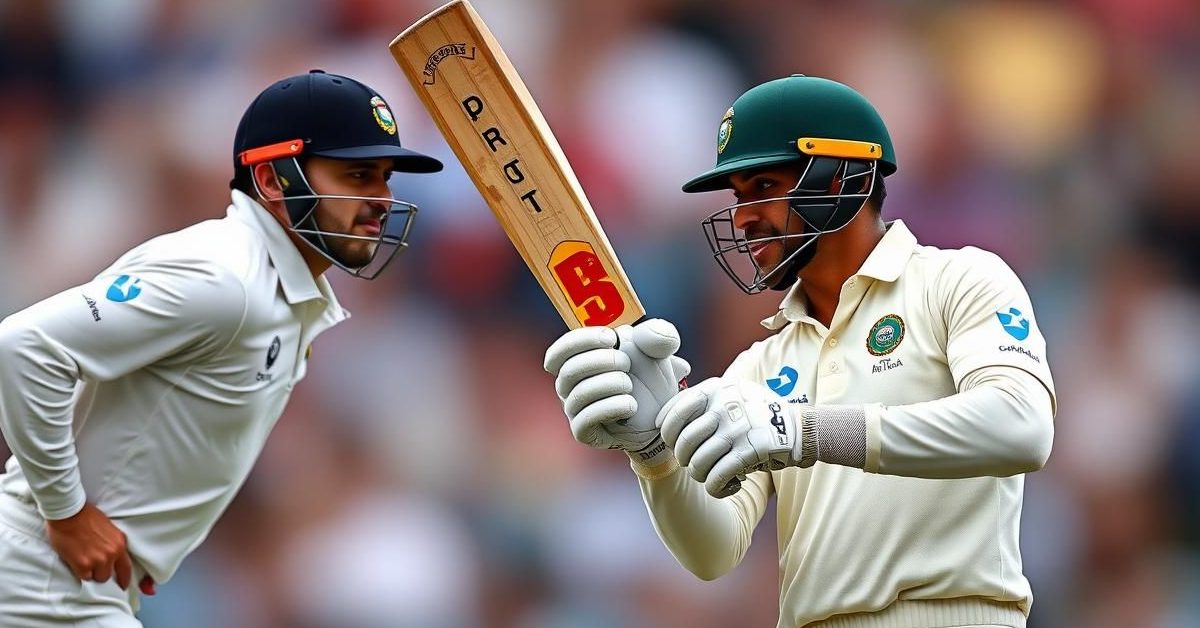Danny Boyle’s Radical Turn: From Bollywood Dreams to British Reckoning
Danny Boyle, a visionary director known for pushing cinematic boundaries, is back with “28 Years Later,” and it’s clear he’s undergone a profound shift. This new film arrives years after his colossal success with “Slumdog Millionaire,” a movie that not only earned him a Best Director Oscar but also catapulted him into a global spotlight, achieving blockbuster numbers usually reserved for a Marvel superhero epic. Yet, Boyle has expressed surprising reservations about “Slumdog,” even suggesting he’d rather see a young Indian director helm such a project today. This evolving perspective, perhaps an acute case of “white guilt” as some might call it, seeps into every frame of “28 Years Later,” transforming it into something far more than just a genre thriller.
A Devastating Indictment: Britain’s Colonial Past Haunts Its Future
Beyond its gripping narrative and poignant coming-of-age elements, “28 Years Later” stands as an unvarnished, shockingly powerful indictment of the British Empire. This isn’t just a subtle critique; it’s a full-throttle cinematic punishment for centuries of plundering and pillaging. The film’s post-apocalyptic Britain is a nation entirely cast out by the world. When a rare outsider finally encounters the British survivors after two decades, their gaze is a mix of morbid curiosity and profound pity. Imagine a society so cut off, they no longer comprehend the internet, have never touched a mobile phone, and the very concept of money has become alien. Many are brain-eating zombies, some reduced to primal, mud-crawling existence, slurping on worms. It’s an allegorical reckoning so sharp, one might imagine it penned by none other than the esteemed Indian author and politician, Shashi Tharoor, whose impassioned critiques of British colonialism resonate throughout the film’s desolate landscape.
An Island Quarantined: The Grim Reality of a Post-Apocalyptic Britain
The world of “28 Years Later” unfurls nearly three decades after a catastrophic virus ravaged Britain, transforming the majority of its populace into the undead. The once-mighty island nation is now a global quarantine zone, its perimeters guarded by international soldiers ensuring no one escapes its cursed shores. For any outsider, crossing into ‘Great’ Britain means severing all ties with their former life. Yet, amidst this despair, tiny pockets of survivors — likely descendants of those who endured the initial outbreaks of “28 Days Later” and “28 Weeks Later” — cling to life. They carve out isolated communities, defending themselves from the relentless hordes of infected with rudimentary, cobbled-together weapons.
Spike’s Burden: A New Generation’s Fight Against Inherited Trauma
Within one such isolated bastion, we meet Spike, a young boy at the heart of this fractured world. He lives with his resilient father and ailing mother, inheriting a world irrevocably scarred by the traumas of generations past. Spike’s sole ambition is to meet the daunting expectations of his community and earn his father’s pride. As a rite of passage, adolescents embark on a perilous journey across the causeway, venturing into the zombie-ridden mainland. Accompanied by his father, Spike makes this harrowing trek, underscored by the rallying cries and haunting musical backdrop from the Scottish trio Young Fathers. The soundtrack notably features a recitation from Rudyard Kipling’s imperialist poem, ‘Boots’: “There’s no discharge in the war,” a grim echo of past conflicts and enduring burdens.
Symbols of a Shattered Legacy: England’s Fading Echoes
Boyle’s lens frequently captures striking imagery that reinforces the film’s thematic core. A tattered English flag flutters weakly atop a rusty pole, a ghost of former glory. Interspersed throughout are faded propaganda posters, remnants of a forgotten war that the ‘living’ likely lost. Spike’s village, while a testament to human resilience, is also a constant reminder of battered pride. The isolation isn’t merely geographic; it’s a deep-seated fracture within the surviving British communities themselves. They are cornered, isolated within their own isolation – a stark metaphor for the colonizers who ultimately cornered themselves.
The Zombie Genre Elevated: Beyond Mere Horror
Electrifying and unwavering, yet imbued with a profound sentimentality, Boyle’s latest entry is a masterful example of how the zombie genre can be elevated beyond simple horror. “28 Days Later” captured post-9/11 paranoia. Edgar Wright’s “Shaun of the Dead” satirized the mundane absurdity of middle-class existence, while Cuba’s “Juan of the Dead” explored mass migration through undead metaphor. Zack Snyder’s “Dawn of the Dead” critiqued American consumerism, confining its narrative within a shopping mall. In “28 Years Later,” Boyle, collaborating with the brilliant writer Alex Garland (known for his sharp social commentary in films like “Warfare,” which targeted Western imperialism via the Iraq War), fixates on the idea of a once-dominant nation reduced to a mere shadow of its former self. It’s almost as if, the film suggests, the British deserved it.
Karma’s Chilling Overture: Sins of the Past, Punishment of the Present
The film’s karmic undertones are established from its chilling opening sequence. A flashback to “zero day” shows a young boy named Jimmy witnessing his mother’s horrific demise at the hands of a zombie horde. He flees to a church, finding his vicar father in a deranged trance, arms outstretched, proclaiming the Day of Judgement with crazed glee before being overwhelmed by the undead. All the while, the angelic voices of a song titled “Promised Land” play hauntingly in the background, underscoring the apocalypse with an ironic beauty. The tone is set immediately: this is a narrative steeped in the concept of cosmic retribution. It aligns perfectly with Garland’s recent work, particularly “Warfare,” another film that unflinchingly pointed fingers at the consequences of Western imperialism.
A Stiff Upper Lip in a Forsaken World: Britain’s Haunting Legacy
The original “28 Days Later” concluded on a provocative note, introducing a disturbing cult modeled after the disgraced and possibly un-outed convicted sex offender Jimmy Savile – a perverse symbol of national pride gone horribly wrong. “28 Years Later” continues this thematic thread. Britain’s historical sins, its past transgressions, are not forgotten; they are haunting its youth, personified by Spike. He is forsaken, condemned to suffer and survive in this desolate new world, embodying a twisted version of the quintessential British “stiff upper lip” – enduring, but in a realm stripped of its former glory, paying the price for the echoes of empire.













